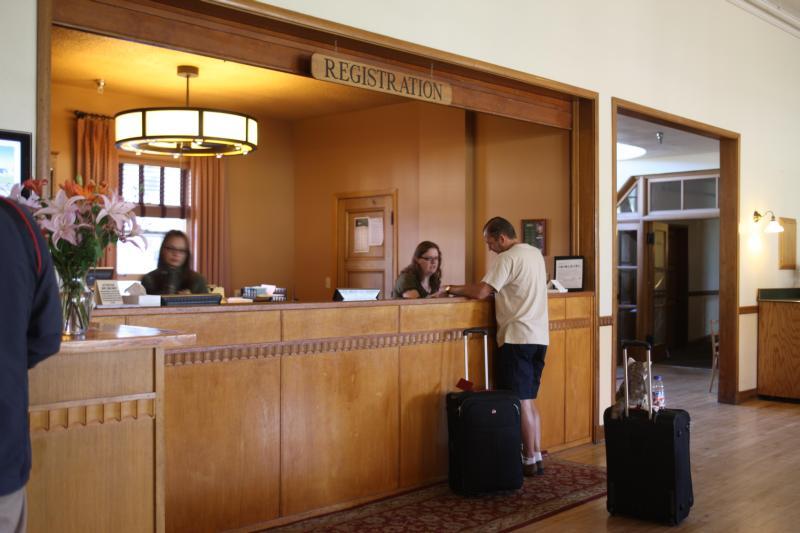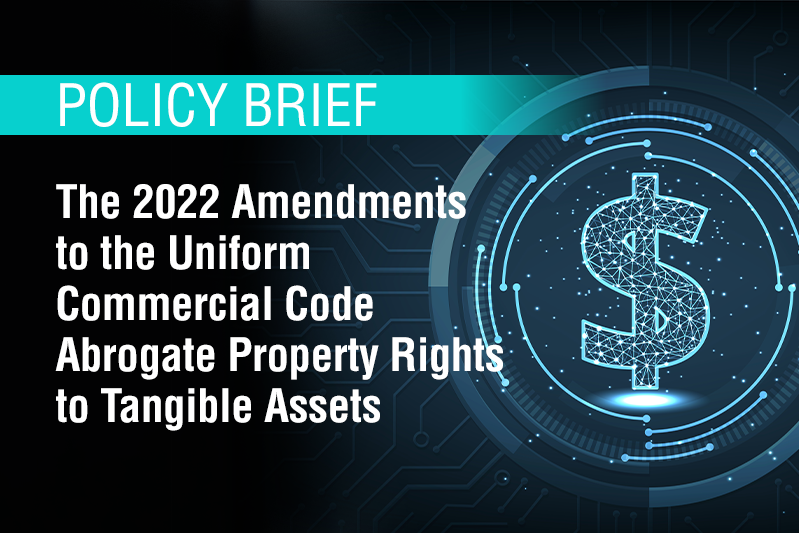Several counties in North Carolina are pushing to increase their hotel occupancy taxes up to the state maximum of 6 percent. Most of the counties say they will use the new revenue to promote tourism.
Raising tourism taxes such as those on hotel rooms has become increasingly popular with state and local governments looking for additional revenue, because such taxes are thought to burden largely out-of-state visitors, people who are unlikely to complain or vote against them.
Business leaders in Wilson County were able to convince state lawmakers to hold off a measure that would have doubled the county occupancy tax from 3 percent to 6 percent. In a letter to the legislature, the Asian American Hotel Owners Association voiced its strong opposition to the tax hike effort: “North Carolina proudly identifies itself as a ‘pro small-business’ state. Please do not follow the poor example of other states who tax and tax and tax, ultimately sending business owners looking for better locations to engage in free enterprise.”
A similar measure being considered in Haywood County would raise the tax 50 percent, from 4 percent to 6 percent. The average occupancy tax rate in the southeast is currently 4 percent, so any increase in the county’s tax rate would make it less competitive for tourism. With the availability of online travel purchasing, people can easily choose between different destinations based on costs. Any county increasing its occupancy tax rate could risk making itself less competitive than its regional or in-state neighbors.
Hotel Industry Backing
Nonetheless, much of the hotel industry in North Carolina supports occupancy taxes—but only with several provisions. Lynn Minges, president and CEO of the North Carolina Restaurant & Lodging Association, the leading trade organization representing the state’s hotels and restaurants, says her organization supports occupancy taxes if they fit certain guideline
In a report on the tax increase, Sarah Curry, director of fiscal policy studies at the John Locke Foundation (JLF), argues it would be a cash grab unlikely to benefit tourism.
“Those pushing for the tax increase argue that more money collected through the occupancy tax means more money for promoting and marketing the county,” said Curry. “In reality, it just means county government would take more money away from businesses and consumers to be spent in a way government officials have decided is best for them.”
The study states the occupancy tax in Haywood County raised $954,996 in revenue during the most recent fiscal year; supporters of the tax hike estimate the increased rate would raise an additional $540,000 in 2014–15, for a total tax collection of approximately $1.5 million. JLF notes that although much of the benefit of the tax would be in high-tourist areas, the whole county’s hotel industry would pay for it.
Matthew Glans ([email protected]) is a senior policy analyst for the Heartland Institute.
Internet Info
“An Occupancy Tax Increase?”, Sarah Curry, John Locke Foundation: http://heartland.org/policy-documents/occupancy-tax-increase





